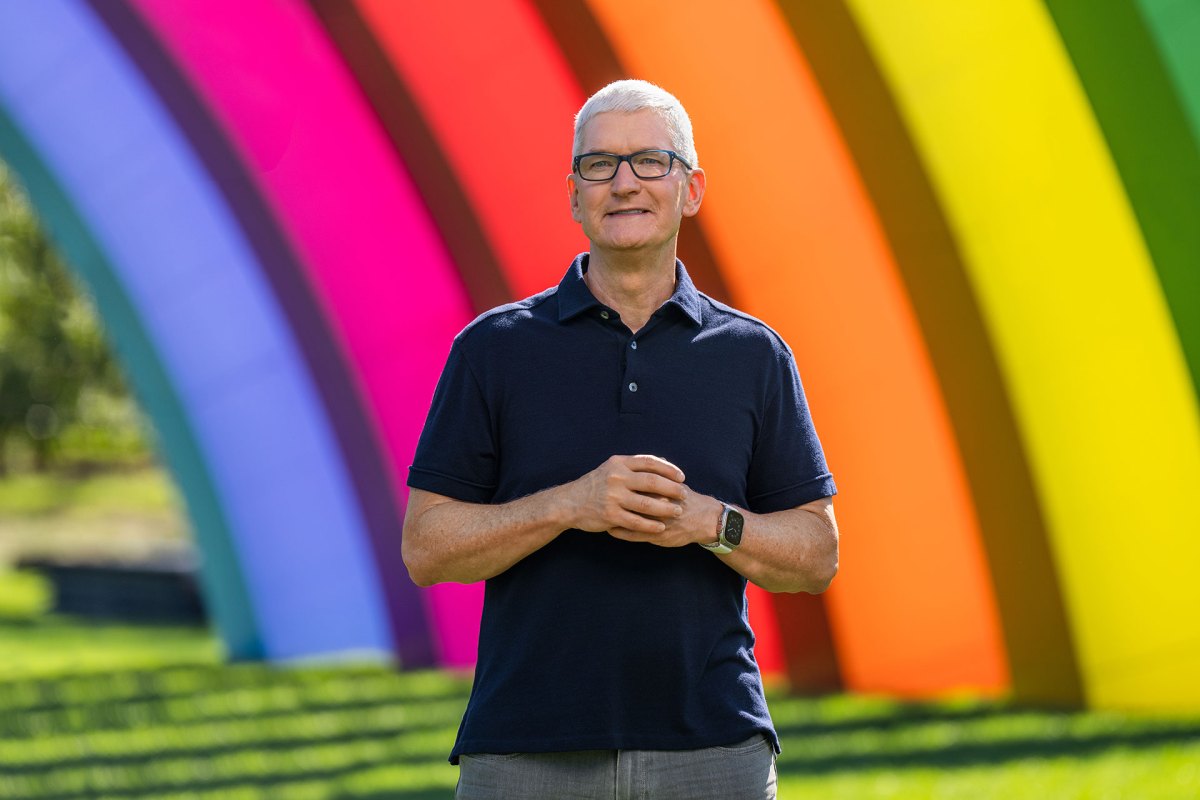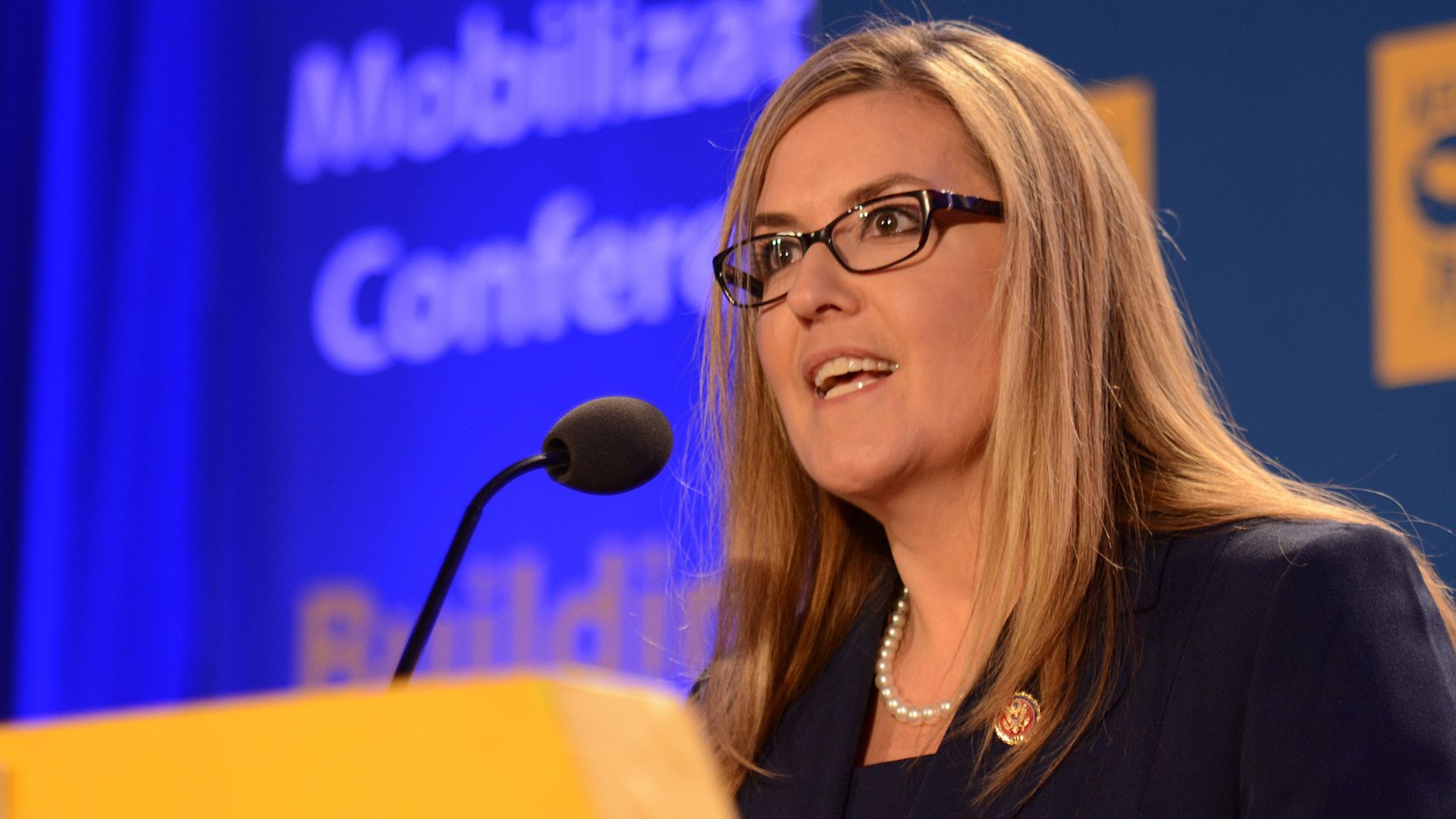Table of Contents
A recent study conducted by Stanford University has found that avoiding social media before an election has little to no effect on people's political views. The study, which involved over 35,000 Facebook and Instagram users, concluded that staying off these platforms in the weeks leading up to the 2020 presidential election had minimal impact on individuals' political attitudes and beliefs. While those who avoided Facebook were less likely to fall for misinformation, they were also worse at answering news quiz questions. The study's findings suggest that social media may not have as much influence on shaping political attitudes during an election season as previously thought. The study also revealed that Facebook users who were still active on the platform in the weeks before the election were somewhat more likely to vote for Donald Trump and less likely to vote for Joe Biden. The research project, which was the most comprehensive investigation yet into the role of social media in American democracy, involved nearly 20 external social scientists from universities across the country. The study's authors also noted that while Facebook and Instagram did not contribute to polarization in the run-up to the 2020 election, they may have more influence over people's beliefs and attitudes during other elections. The study's findings were published in the Proceedings of the National Academy of Sciences in May 2024.








